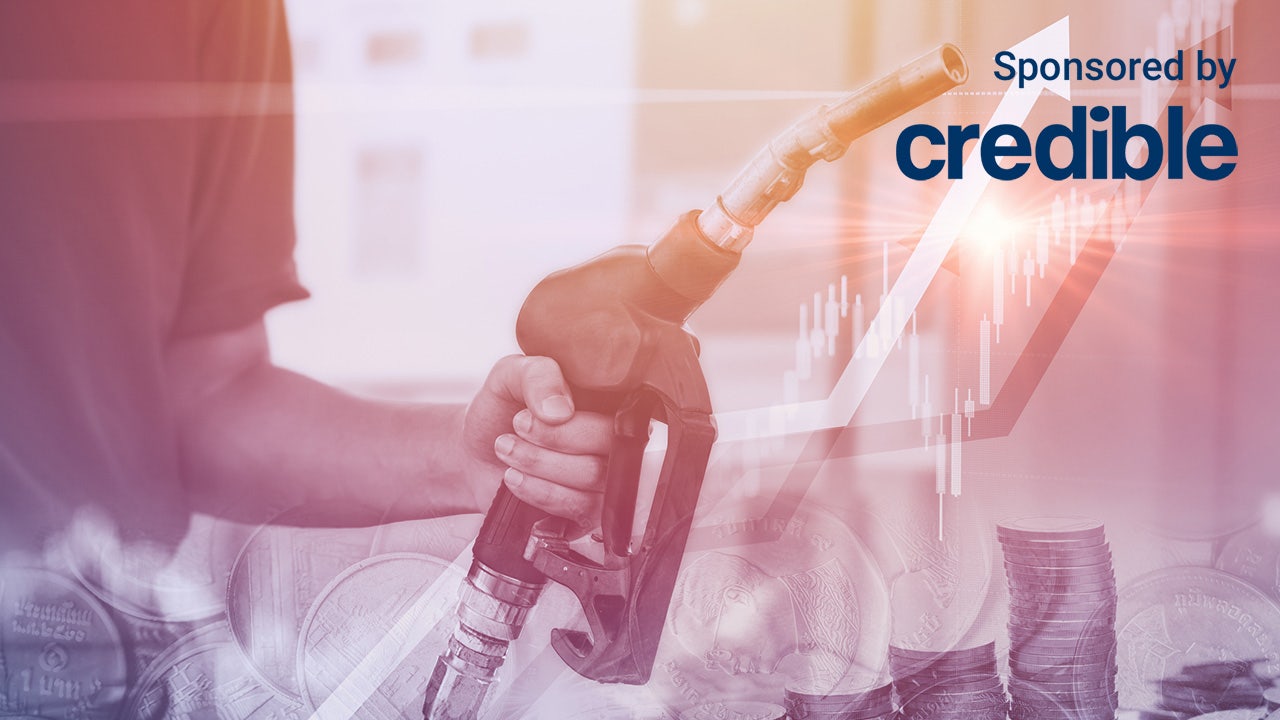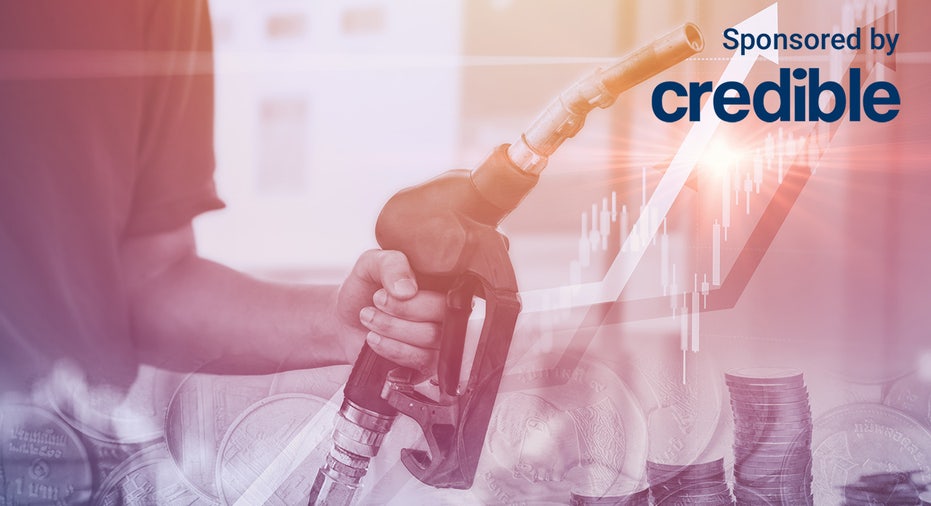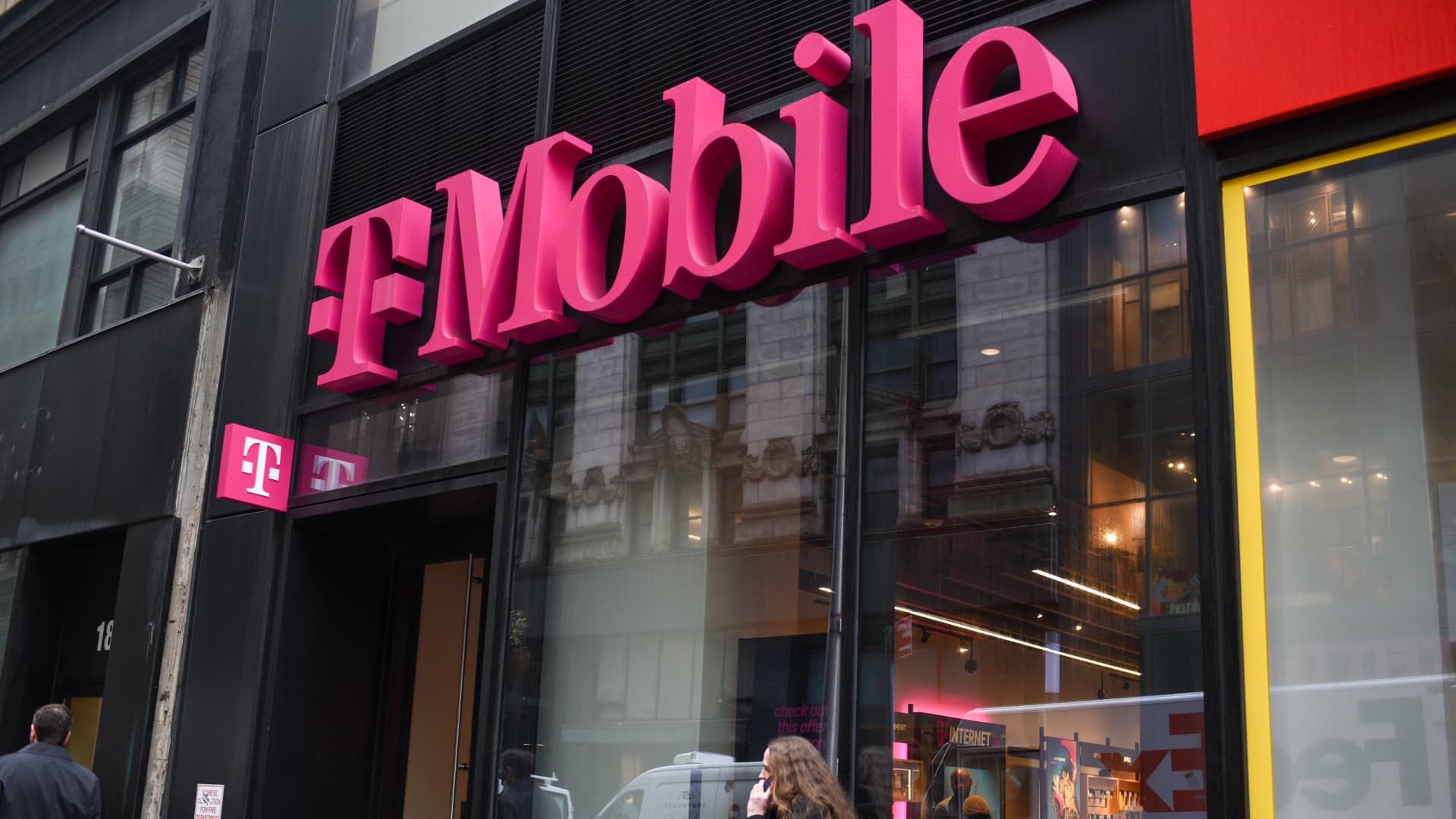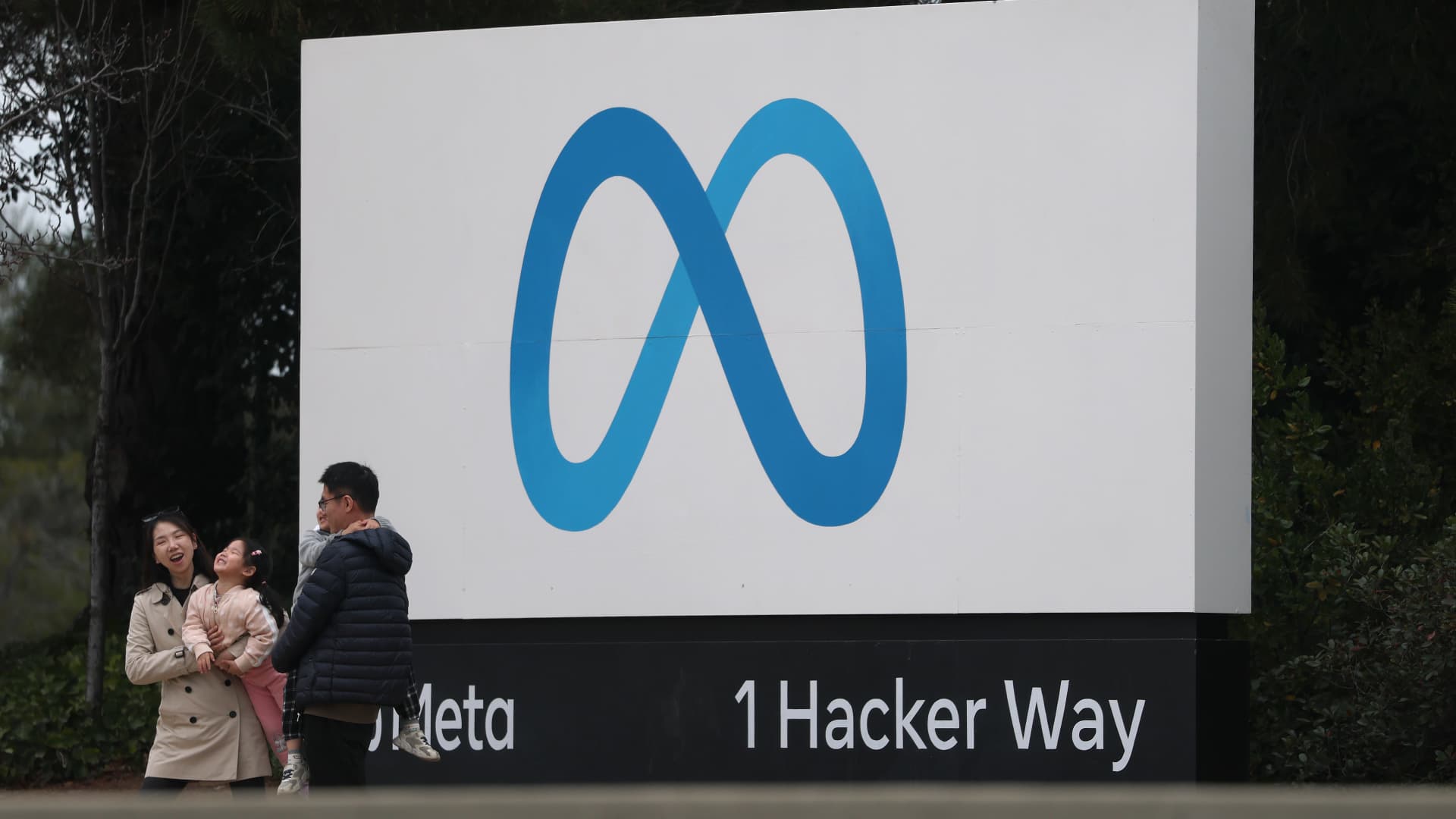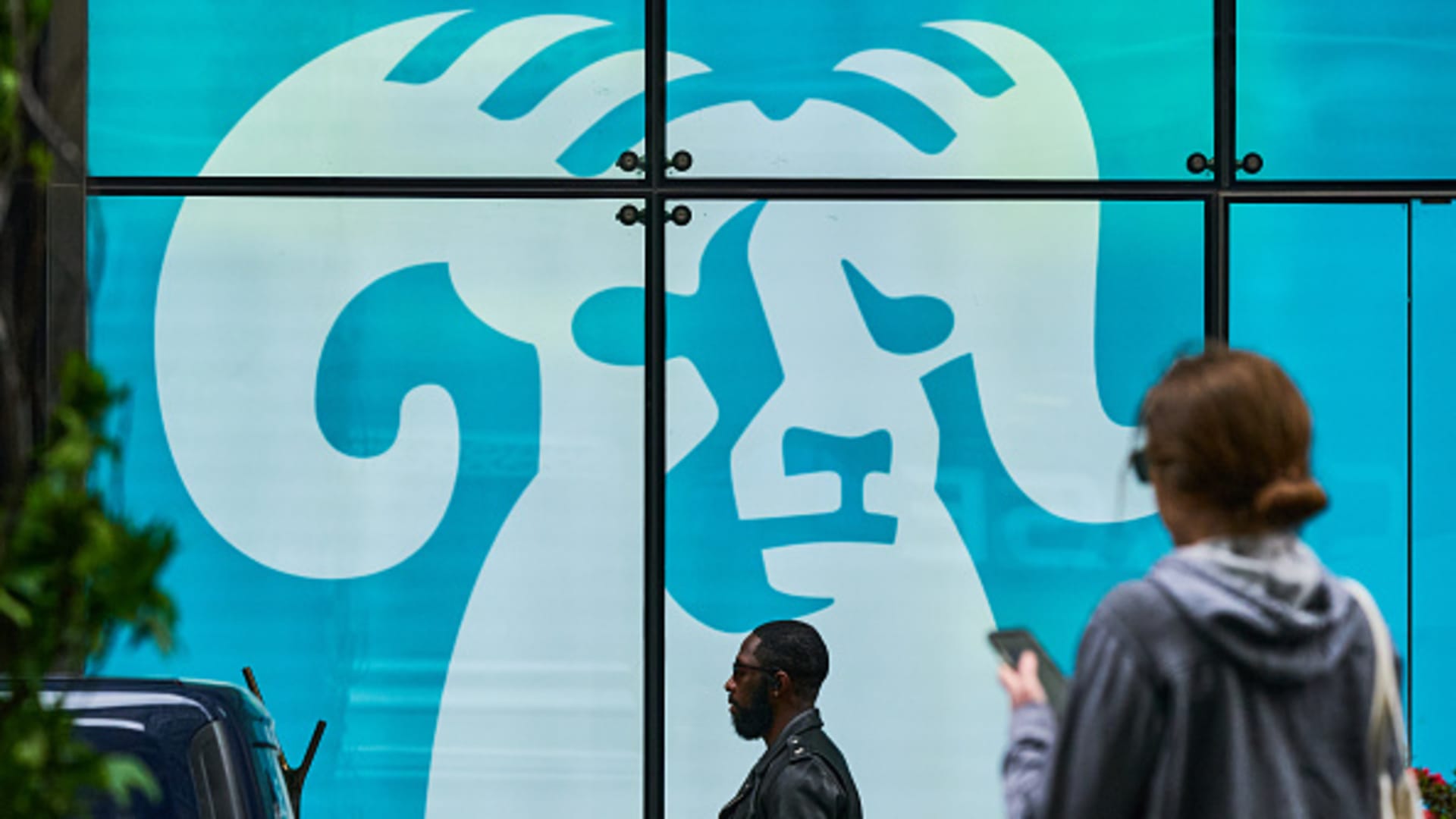Gas prices rose by just three cents last week. (iStock)
The national average gas price across the U.S. rose by just three cents last week and now sits at $3.56 per gallon, according to AAA’s weekly report.
With spring now here, gas demand is crawling up. Data from the Energy Information Administration showed that demand rose from 8.72 million barrels per day to 9.23 million barrels per day. With oil prices in the mid-$80s per barrel, gas prices are slowly creeping up.
The continued war between Russia and Ukraine and tensions in the Middle East also added to the rising cost of oil.
“Renewed Ukrainian attacks on Russia’s oil infrastructure and increasing tension in the Middle East spiked oil prices recently,” AAA Spokesperson Andrew Gross said. “And with the cost of oil accounting for roughly 60% of what we pay at the pump, there will likely be some upward pressure on prices.”
This week’s national average is 21 cents higher than this time last month and six cents higher than last year.
If you’re looking to save on one of the biggest auto-related costs, consider shopping around for better car insurance rates. Credible’s car insurance marketplace simplifies this quote process, helping you compare rates from multiple companies all in one place.
CAR INSURANCE COSTS TO KEEP RISING IN 2024 – PAY LESS IN THESE US STATES
These states saw the highest increases in gas prices
Since last week, certain states have seen higher increases in their average gas prices than others. The 10 states that had the highest increases include:
- Indiana (+19)
- Arizona (+19)
- California (+17)
- Ohio (+15)
- New Mexico (+15)
- Utah (+11)
- Alaska (+10)
- Kentucky (+10)
- Nevada, (+10)
- Idaho (+9)
Some of these states overlap with the most expensive markets. The 10 states where you’ll pay the most for gas include:
- California ($5.20)
- Hawaii ($4.69)
- Washington ($4.57)
- Nevada ($4.49)
- Oregon ($4.33)
- Alaska ($4.18)
- Arizona ($3.97)
- Illinois ($3.91)
- Utah ($3.87)
- Idaho ($3.75)
Comparing multiple insurance quotes can potentially save you hundreds of dollars per year. Get a free quote in minutes through Credible’s partners.
DRIVERS WANT EMBEDDED INSURANCE OPTIONS WHEN THEY BUY A CAR: SURVEY
The price for new cars is finally going down
Prospective car buyers are finally catching a break. The average price for new cars declined in March 2024.
“The average new-vehicle retail transaction price is declining as manufacturer incentives rise, retailer profit margins fall and availability of lower-priced vehicles increases,” Thomas King, J.D. Power president of the data and analytics division, said in a press release.
Prices are down $1,648 and now hover around $44,186, on average, King explained. This is the largest decline in the month of March ever. With lowering prices, this means more drivers are intending to buy. Compared to March 2023, sales are projected to increase by 10.7%. Sales of new vehicles are expected to reach 1,225,000 units.
“Rising inventory means fewer vehicles are being pre-sold by retailers, with more shoppers able to buy directly off dealer lots,” King said. “This month, J.D. Power projects that 31.7% of vehicles will sell within 10 days of arriving at the dealership, down from a peak of 58% in March 2022.”
Used car prices are also down since last year. In March, used vehicle prices averaged $27,950, a 4.3% — or $1,248 — decrease, J.D. Power reported.
If you’re getting a new car, make sure you have the right insurance coverage at the right price. It’s important to compare several auto insurance companies, as well as their coverages, before deciding on a policy. Credible’s car insurance marketplace makes comparing quotes quick and painless.
NEW CAR PURCHASES ARE ON THE RISE, BUT THERE ARE INSURANCE IMPLICATIONS
Have a finance-related question, but don’t know who to ask? Email The Credible Money Expert at [email protected] and your question might be answered by Credible in our Money Expert column.
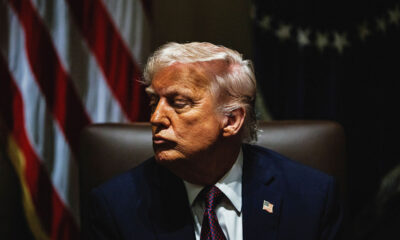
 Economics1 week ago
Economics1 week ago
 Personal Finance1 week ago
Personal Finance1 week ago
 Economics1 week ago
Economics1 week ago
 Blog Post6 days ago
Blog Post6 days ago
 Personal Finance1 week ago
Personal Finance1 week ago
 Economics1 week ago
Economics1 week ago
 Economics6 days ago
Economics6 days ago
 Economics7 days ago
Economics7 days ago
